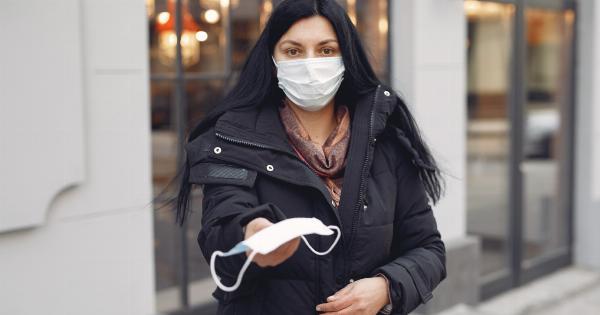The harsh partisan debates that mark politics may subside for a moment in the United States when flu season arrives.
This is because the flu, an illness that centuries ago led to some of the most horrendous pandemics in world history, affects both Democrats and Republicans alike.
But for many people, the flu is more than an inconvenience. It’s a killer.
The Toll on the Elderly
The elderly are particularly vulnerable to the effects of the flu. In fact, the Centers for Disease Control and Prevention reports that people aged 65 years and older account for the majority of flu-related hospitalizations and deaths each year.
And it’s not just the elderly. According to the World Health Organization, the flu kills around 650,000 people worldwide every year. Some of those people are otherwise healthy adults.
Others are infants and young children who haven’t yet developed a strong immune system.
Why is the flu so deadly?.
The Deadly Nature of the Flu
The flu virus is a sneaky beast. It attacks the respiratory system, causing symptoms like fever, chills, cough, and sore throat. But that’s just the beginning.
In severe cases, the flu can cause pneumonia, a condition where the lungs fill with fluid and become unable to deliver oxygen to the bloodstream.
Pneumonia is often the cause of death for people suffering from the flu. This is because pneumonia can lead to sepsis, a life-threatening infection that can cause organ failure and even death.
But the flu doesn’t just kill by causing pneumonia. In some cases, the virus can cause a heart attack or stroke. This is because the flu places stress on the body, causing the heart to work harder and the blood vessels to become more constricted.
The Importance of Vaccination
One of the best ways to protect yourself from the flu is to get vaccinated. The flu vaccine is designed to help your body build up immunity to the virus.
While the vaccine won’t necessarily prevent the flu, it can help reduce the severity of symptoms if you do get sick.
Getting vaccinated is particularly important for vulnerable populations, such as the elderly and young children.
It’s also important for healthcare workers, who are at an increased risk of catching the flu due to their close contact with sick patients.
Other Measures for Staying Healthy
In addition to vaccination, there are other steps you can take to protect yourself from the flu. Here are a few:.
- Wash your hands frequently with soap and water.
- Avoid close contact with people who are sick.
- Avoid touching your face, particularly your eyes, nose, and mouth.
- Cover your mouth and nose with a tissue or your elbow when you cough or sneeze.
- Stay home from work or school if you’re feeling sick.
The Lingering Effects of the Flu
For many people, the flu is a short-lived illness that resolves within a week or two. But for others, the effects of the flu can linger for several weeks or even months.
One of the most common lingering effects of the flu is fatigue. Many people report feeling tired and run down for several weeks after getting over the flu.
The flu can also cause weakness and muscle pain, as well as headaches, dizziness, and difficulty breathing. These symptoms can make it difficult to perform daily activities, such as going to work or school.
Conclusion
The flu may seem like an inconvenience, but for many people, it’s a deadly illness that can have long-lasting effects on their health.
By taking steps to protect ourselves and those around us, we can help prevent the spread of the flu and reduce the number of deaths caused by this devastating virus.





























